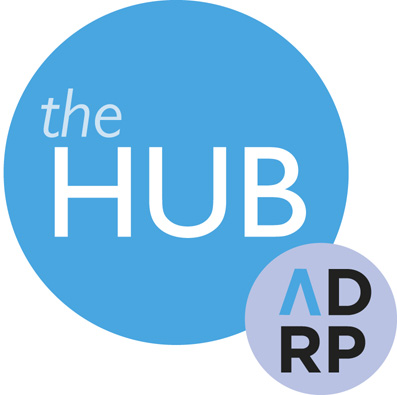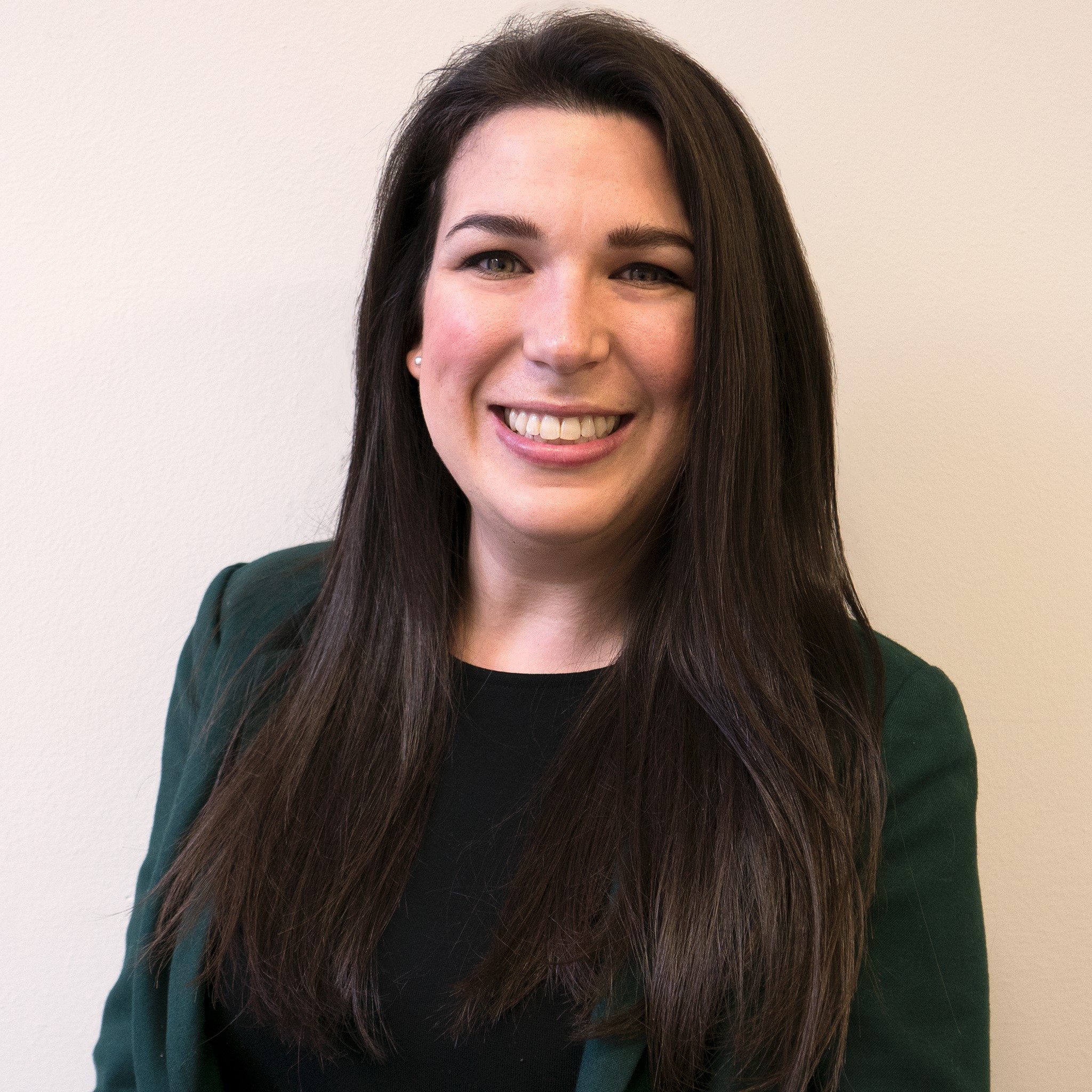
Member Spotlight: Mandie Bates

Name: Mandie Bates
Institution: King’s College London
Position: Senior Donor Relations Manager
ADRP member for 4 year
How long have you worked in donor relations/stewardship and how did you get involved in this profession?
While I was finishing my graduate degree at West Virginia University (WVU), one of my professors, who supported the Development team with fundraising, suggested I go for a job at the WVU Foundation, as he thought Development would be a good fit for me. I had no experience in fundraising, but having worked many customer service jobs in my past, I knew the importance of building good relationships! I spent almost two years working as a Major Gift Programme Assistant, where I learned so much about fundraising and developed a love for donor relations. I then moved across the pond to the UK, where I’ve worked mainly in donor relations in higher education.
Could you tell us something about the organization you work for?
King’s is such an interesting place to work, as we not only look after donors to the University, but also to King’s Health Partners, an Academic Health Sciences Centre, which includes three hospitals. Because of this, not every approach to stewardship works for all our partners, so we have to be creative in thinking about how to demonstrate impact. Every day is different and I love that – also the fact that we’re located in the heart of London is a bonus!
What do you like most about being a member of ADRP?
Attending the ADRP annual conference. The sessions are great, and I meet so many lovely people. It’s incredibly motivating as well, and I come back to the office with lots of new ideas to implement!
What is your greatest donor relations/stewardship achievement?
I’m most proud of the ‘Scholarship Orientation’ workshops that I’ve implemented during my time at King’s. I feel strongly that showing our pride and support to scholarship students is key to developing long-term relationships. I organised a workshop at the beginning of the academic year and we invited all scholarship recipients to attend. At the workshop, we explained who our team is, what we do, what the impact of philanthropy is, and why students are important to us.
Higher education fundraising and donating to your alma mater aren’t as ingrained in the UK as they are in the US – and most students don’t even realise that there’s an actual person who has donated money to make their scholarship possible! University can be a daunting place, but I want students to feel supported by someone who isn’t a professor or academic. As a result, we’ve seen an increase in student engagement with our office and we’ve built excellent relationships with the students – we’re not just an email address to them anymore.
Through this, I’ve met the most inspiring and passionate students, who I feel honoured to know. A single mother supporting three young children while she’s trying to get her nursing degree, so she can work in end-of-life care; an Afghan journalist, who has grown up in a war-torn country and wants to use what he’s learnt to help put his country back together again; a first-generation student from rural England, who had previously lived in a one-bedroom house with her six family members, and was able to live on campus and have her own space to study and concentrate.
Students are the reason universities exist, so putting them at the heart of what we do and supporting them and setting them up for success is vital.
What is the most important professional goal you are currently pursuing, i.e., attaining a degree, preparing to give a presentation, launching an initiative at work or in your community, etc.?
One of the goals for myself and my team is to promote the work of philanthropy more on campus to staff and students. We have a relatively low profile, so I’m working on increasing the knowledge and understanding of what our department does and how we positively impact the university community. I’m working with our communications team and with our university web-developers, so we can create our own philanthropy website to showcase the great work that we’re doing.
How big a role does the use of social media play in your work?
Social media is a tool that we use occasionally, but is something that we’ll be exploring more widely as part of our promoting philanthropy project. Our alumni team has a great social media presence, so we try to use that when we have the right hooks, but as most of our donors aren’t alumni, it can be challenging to find the right angle to interest an alumni audience.
Is there a resource, i.e., book, blog, website, etc., that you would recommend to other ADRP members?
The Donor Relations Guru website is amazing. Lynne Wester is an endless fountain of knowledge and enthusiasm, and all the resources and examples on her website have made such a difference in my work.
What is the best piece of professional advice you have ever received?
‘Seek forgiveness, not permission.’
Are there any particular stories, insights, etc., from your experiences in donor relations and stewardship that you would like to share with our colleagues?
Surprise and delight are the key to excellent donor relations. It’s not always about the big flashy events or expensive gifts to thank a donor. Impact comes in many different forms – a handwritten note, (which is almost nonexistent in the age of technology); a gesture during a culturally significant day for a donor; speaking one-on-one with a student recipient. I find that the most meaningful acts are those that are small and unexpected.
For example, for Chinese New Year, we sent small packages of oranges, a traditional symbol of good fortune, to a few donors to say thank you and wish them a happy new year. It wasn’t intended as an ask or a pledge reminder – just a token of our appreciation and to say we were thinking of them. The next day, a donor who had stopped engaging with us for over three years emailed to say that they were sending a cheque for their long overdue pledge. An unexpected result, but this small gesture reignited our relationship with the donor.

Back to the June 2020 Hub
|